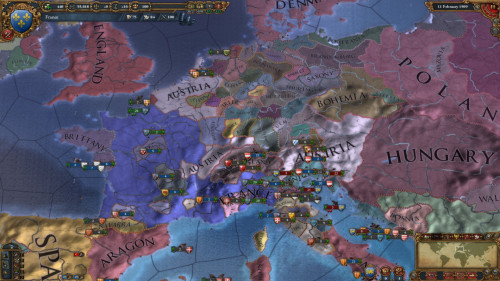Nikita Lyubimov, producer of the Interactive Stories studio, told App2Top how a year has passed for the new VGTRK gaming direction, and shared his thoughts on the main events of the year.
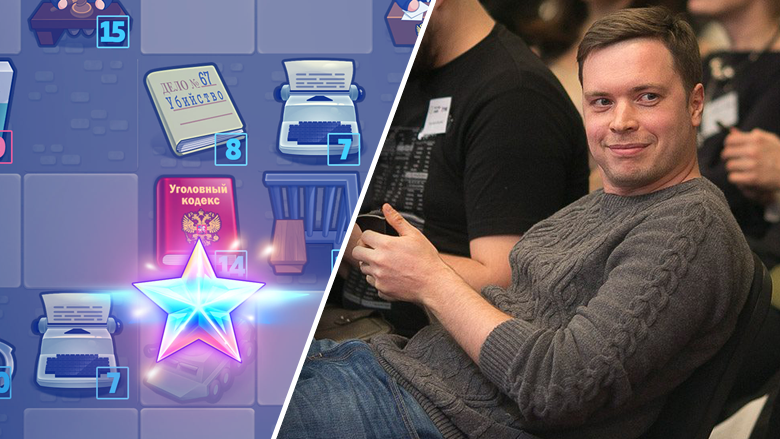
Year for the company
Throughout 2016, which turned out to be a busy year, I was engaged in the creation of a gaming direction at VGTRK, whose main task is the development and publication of fritupley projects for a wide audience. Working in such a large organization is a new and interesting experience for me. As in any holding company, some of the work processes are slow, but, on the whole, I assess this experience positively.
At the moment, we are conducting only seven projects: a pilot has been launched, four are preparing for a soft lunch, two more have recently been approved.
We managed to establish a workflow, we adequately predict the timing and results, which gives me reasons for optimism.
It is difficult to talk about any specific events, since each is the result of a chain of many steps, each of which is equally important. I will highlight the fact that we (“Interactive Stories”) have finally “breathed” and have already begun to “learn to walk”.
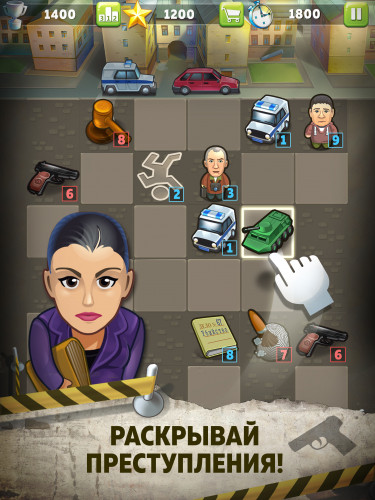
Event of the year in the world
In my opinion, 2016 was absolutely a passing year in terms of games. While the whole world was following the voting, military conflicts and economic indicators of all continents of the world except Antarctica, many different events took place in the gaming sphere, none of which is epochal or important.
Yes, there have been several major deals. Tencent bought out Supercell, Activision Blizzard bought out King, Shanghai Giant Network Technology Co. absorbed Playtika, and Vivendi banally squeezed Gameloft. However, I do not believe that at least one of these purchases will somehow change the picture of the gaming industry in 2017.
Unless buying Pixonic from the outside Mail.ru somehow it shook up the market in Russia and gave a small boost to the interest of investors, but whether this will affect the emergence of new young players in the CIS market, we will find out only in a couple of years.
Pokémon Go has also thundered around the world, which delightfully combined the brand beloved by millions of players with the gameplay that perfectly suits it, but this is a unique case. It’s just a pity that Niantic did not change its attitude to updates after Ingress in any way, and the global HYPE subsided quite quickly.
From Pokémon Go, you can bring the topic to Super Mario Run, shout: “Nintendo is finally coming to mobile!”, and this, of course, will be true. Both products are in the Top 10 grossing of the USA and Japan, and God grant everyone such results. But so far there is a feeling that this is due to the magic of brands, and not thanks to services and the ability to work with the audience. But of course they will learn. Slowly and confidently, like all Japanese companies, but they will learn, and we will still look at them with admiration. But I would bet that it will happen in 2018-2019.
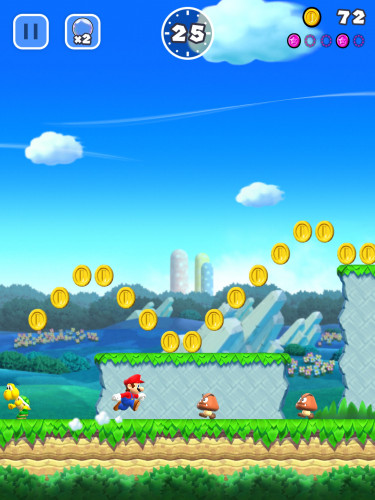
Let’s move from a famous Japanese company to a famous Japanese figure. Leaving Konami and Hideo Kojima’s freedom is, at least, interesting. Technically, this is a 2015 event, but let’s pretend that 15 days don’t count. When the creator is given freedom, it’s always great, and new crazy projects can give the industry a fresh air stream. That’s just the release date of his new product, we don’t know, and whether this will affect next year, we also don’t know yet.
There were many more events. New VR devices have been released. Sony has launched the PS4 Pro. Nintendo has announced the Switch. But there is a feeling that all this is a qualitative reinforcement, without a claim to a “revolution”, which will not be able to fundamentally change the picture of the world. (OK, I, like a real mario-boy, am looking forward to Switch, but whether they will release a new GameBoy or it will be a new Virtual Boy, we don’t know yet).
Nevertheless, I will try to highlight one modest event that seems to me quite important. I have an inner irrational belief that esports can become one of the powerful drivers of the entire gaming market. If the world perceives it as an adequate and real sport (or at least aligns with classic games like chess), it will be able to change the attitude of people to games around the world as a whole. But to do this, esports must come out of the cradle of the gaming market and begin to promote itself to a wider audience. And now I have a hope that Activision Blizzard can do it. Hosting Heroes of the Dorm, hiring Steve Bornstein (read about his career), buying MLG, releasing Overwatch — all these are very interesting steps. And I, in turn, am insanely interested in what the company is preparing for us in 2017.
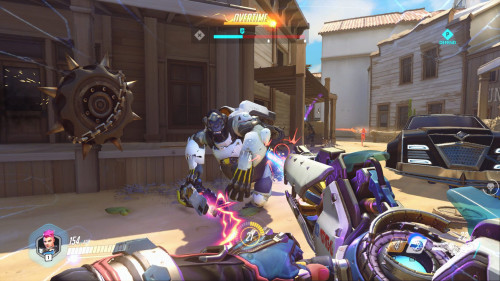
Trend of the year
I would call the main trend of 2016 – progressive development. Almost all established gaming markets and platforms are being stabilized and fixed in a new position. Almost all announcements and launches are high—quality implementation of ideas that appeared in the past years. And this is not bad (well, OK, bad for startups that hope to blow up this very market). For a while, it’s time for large companies, well-established processes and clear ideas.
Game of the Year
This question turned out to be the most difficult for me. For a long time I tried to remember which game this year struck me and hooked me the most. And I couldn’t. I opened Steam, opened Metacritic and realized that in terms of games, as with events, this year turned out to be a year of progressive development. Personally, I will single out Stellaris and Civilization 6, each of which is waiting for a couple more updates to achieve a cult status for strategy lovers. And the main game of 2016 for me turned out to be a guest from the distant 2013 — Europe Universalis 4. No other product could hook me for as long as this historical sandbox.
